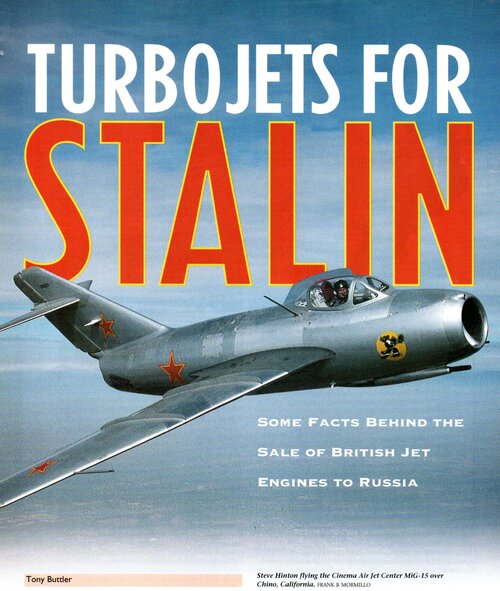Lascaris
ACCESS: Secret
- Joined
- 14 November 2008
- Messages
- 281
- Reaction score
- 336
So since we have multiple threads for Britain making different choices on the aircraft industry, warships space and so on but it seems to me there might be a bit of an issue often enough on the political side of things that would actually effect such changes let's try something a bit different. Back in 1950 Labour did win it's second election in a row only for Attlee to call a second election a year later under pressure from the throne which Labour lost despite getting more votes than the conservatives. So say Attlee refuses the pressure from George VI for the simplest POD and you have a Labour government till 1955. Assuming the British economy does about as well as OTL you could actually end up with replacing the Conservatives staying continously in power till 1964 with Labour being continously in power till 1964 at a minimum you've got 1950-55. And a different government does cover the "why they do things differently" definition.
How different are the defence industrial policies of a Labour Britain likely to be compared to OTL? Do we see for example pressure to the aircraft companies to merge already from 1952-53? There is going to be V bomber force but possibly either Victor or Vulcan failing to see production? New carriers ordered as it means work for the shipyards which helps Labours costituency? Later in the 50s RAF being told the money is not there for free AW.155 so it better compromise to something more affordable like oh... CF-105? On the reverse do we potentially see a worse mess?
Thoughts?
How different are the defence industrial policies of a Labour Britain likely to be compared to OTL? Do we see for example pressure to the aircraft companies to merge already from 1952-53? There is going to be V bomber force but possibly either Victor or Vulcan failing to see production? New carriers ordered as it means work for the shipyards which helps Labours costituency? Later in the 50s RAF being told the money is not there for free AW.155 so it better compromise to something more affordable like oh... CF-105? On the reverse do we potentially see a worse mess?
Thoughts?

